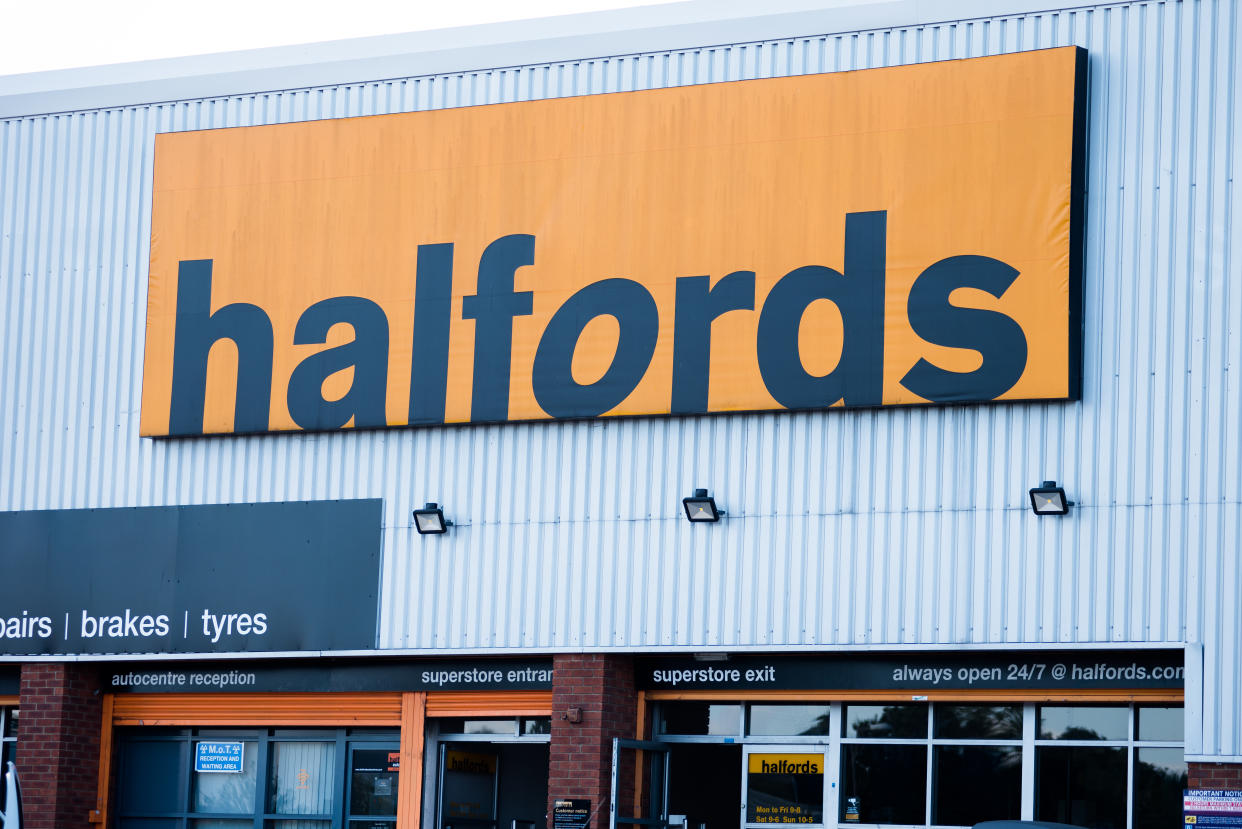Coronavirus: Halfords sales fall 6.5% despite huge surge in cycling business

Halfords (HFD.L) said on Tuesday that sales over the past three months fell by 6.5%, despite a huge 57% surge in its cycling business due to customers flocking to its stores for bikes during the coronavirus pandemic.
While many customers have chosen to avoid public transport during the crisis, many of those with cars have also been forced to work from home.
Halfords said that motoring revenue plummeted by more than 45% in the 13 weeks to 3 July, citing a “material drop” in car journeys across the UK.
The company’s motoring business is one of its higher-margin divisions, and Halfords said that it had seen “improving trends” in this area since coronavirus restrictions have been eased.
READ MORE: Chancellor to launch £3bn green jobs recovery package
“The easing of the lockdown has led to the gradual reopening of schools and workplaces, and while public transport is avoided and road congestion increases, cycling is becoming an essential way of commuting for many people,” the company said in a trading update.
The retailer also announced full-year results for its 2020 financial year, with revenue climbing by 0.3% to around £1.16bn ($1.45bn).
Underlying profits fell by just 4.9% to £55.9m, primarily due to the impact of the pandemic and the acquisition of McConechy's and Tyres on the Drive.
The company previously announced a suspension of its dividend and said that it had secured a £25m loan through the government-backed Coronavirus Large Business Interruption Loan Scheme.
Halfords said it considered that loan to be “contingency funding,” considering it had £200m of total liquidity available in its existing loan and overdraft facilities, as well as £10m of cash on hand.
READ MORE: ‘Green recovery’ risks voter backlash unless it boosts households and jobs
The retailer said that, despite a better-than-anticipated trading performance in the first quarter, it had still withdrawn its guidance for its current financial year.
“Although trading has been ahead of the scenario we shared on 25 March 2020, we remain cautious on the months ahead,” the company said.
The company instead developed three trading scenarios to model a range of potential outcomes, with full-year profits plunging by 9.5% in the worst-case scenario — and by just 5% in the best-case scenario.



